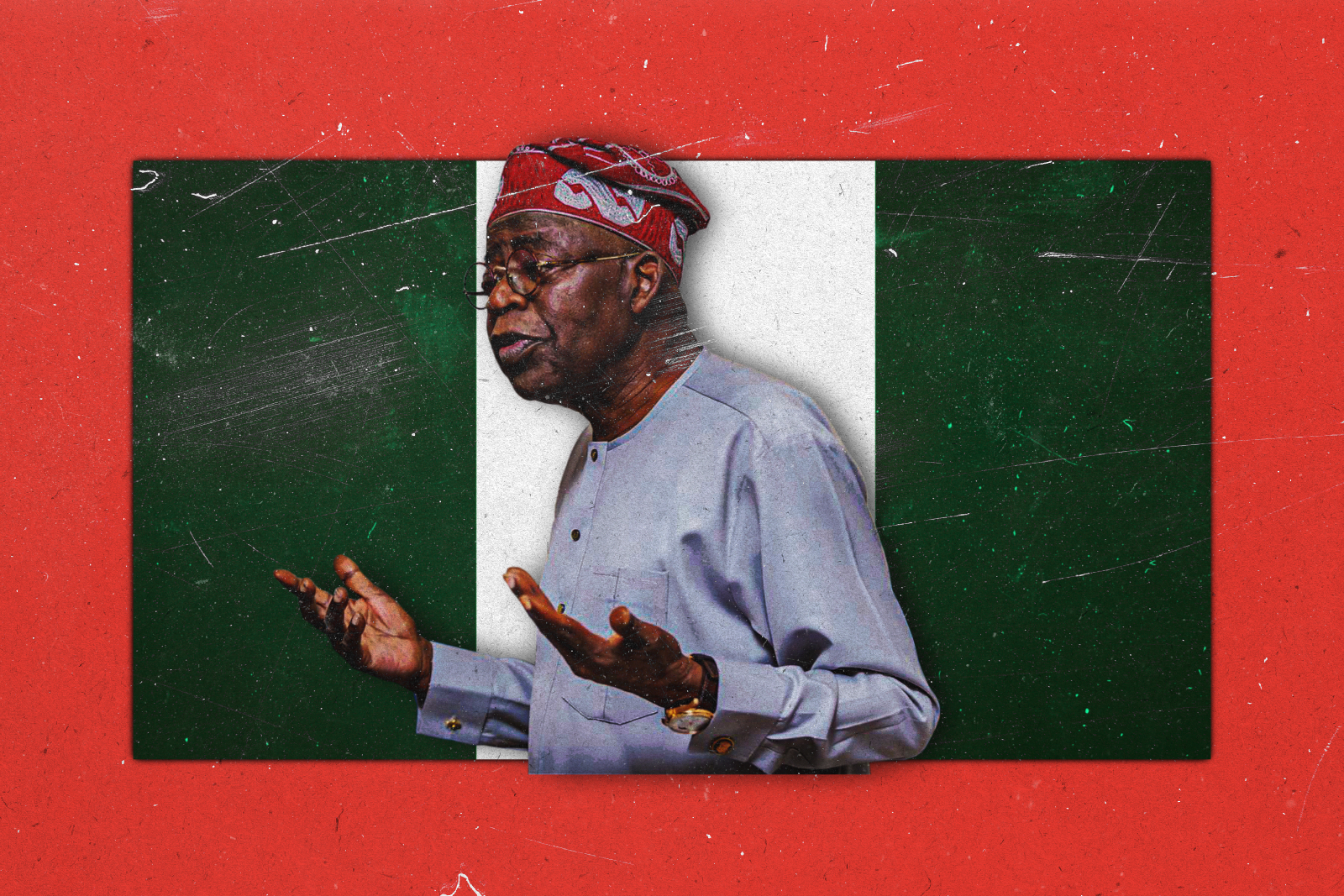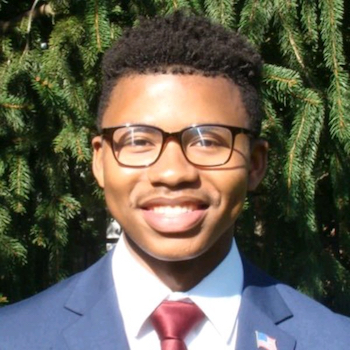
Can Nigeria Become the Leading Global Black Power?
In the 1970s, Nigeria, a relatively unknown country at the time, made a sizable impact on the international system. Political scientist Ali Mazrui wrote at the time, “[Nigeria is] on its way to becoming the first major [B]lack power in modern international politics.” This was made true under former Prime Minister Abubakar Tafawa Balewa’s government, which made Africa the center of its foreign policy after the country had gained independence.
This is supported by the fact that Nigeria’s first National Development Plan was put into place as a part of a more comprehensive strategy to increase the country’s capacity to act as the industrial hub of an African Common Market. After the country’s civil war, in the late 1960s and early 1970s, the Yakubu Gowon government would partially accomplish what Balewa’s brief rule could not do. The Economic Community of West African States (ECOWAS), established in 1975, resulted from Gowon’s diplomatic alliances and politics in West Africa.
The goal was to create an African Common Market, beginning with an integrated sub-region to make Nigeria an industrial powerhouse. Nigeria, however, has not developed into the economic powerhouse it aimed to be since 1975, nor has it become the crucial Black power that was anticipated.
Since the turn of the millennium, not only has economic growth been five times slower, but investor confidence has also decreased, which has impacted foreign direct investments; from $4.69 billion in 2014 to $3.31 billion in 2021. Nigeria’s FDI is not the only issue it faces. Several structural problems, including poor infrastructure, tariffs, terrorism, investment hurdles, a lack of confidence in currency valuation, and reduced foreign exchange capability, restrict the potential of Nigeria. Bola Ahmed Tinubu, Nigeria’s new president, should focus on finding long-term solutions to these issues because West Africa’s development depends on Nigeria’s stability.
Therefore, the impact of Nigeria’s problems on the West African sub-region and the advantages of regional stability and integration on Nigeria’s domestic and international interests are crucial. Tinubu should develop a firm, forceful foreign policy for West Africa and promote peace and prosperity at home. Creating a common defense strategy to combat insecurity and terrorism, increased involvement in peacekeeping through ECOWAS and the African Union, where Nigeria is the longest-serving member, and increased efforts to coordinate regional integration through cultural education should be his top priorities.
It is anticipated that nations like Nigeria, which have political and economic heft, will rise to influence changes throughout the continent. Nigeria has met these expectations in prior years. Nigeria has consistently pushed for regional cooperation, promoted African development, and advanced its national interests throughout the last few years by using its political and economic power. For example, Nigeria played a vital role in establishing ECOWAS in 1975, the Organization of African Unity, which eventually became the African Union, and the African Development Bank.
Nigeria has also helped maintain peace in numerous West African nations while under military control. For instance, the ECOWAS Monitoring Group sent soldiers and financial assistance to end civil hostilities in Sierra Leone in 1998 and Liberia in 1990. In the years following the restoration to democracy, Nigeria was well-positioned as a defender of democracy, peace, and stability within the continent, notably under Olusegun Obasanjo’s government.
The 2003 bloodless coup that removed Fradique de Menezes as president of São Tomé and Príncipe is a crucial example. When the coup occurred, Menezes traveled to Nigeria to speak with Obasanjo about oil development. A week later, Nigeria collaborated with other African and foreign allies to restore Menezes’s presidency, with Obasanjo accompanying him back to São Tomé and Príncipe. During this time, Obasanjo consistently pushed a responsible foreign policy. His presidency is now seen as the culmination of Nigeria’s foreign policy. Since Obasanjo’s internationalist attitude, Nigeria’s difficulties have evolved. Poverty, insecurity, and other socioeconomic problems have all gotten worse. The sub-region’s historical deformity, bad leadership, and various current and future difficulties are all present in West Africa.
However, Tinubu will encounter difficulties at a pivotal time in Nigeria’s history. As Aminu Bashir Wali, Nigeria’s former foreign minister, has suggested, “[Nigerian] foreign policy must necessarily be dynamic because issues changed, a lot of problems cropped up, we all have to take along with these to be able to position ourselves both internally and internationally to be able to handle those issues that arise to our best advantage.”
Tinubu should be encouraged to establish a new route when faced with the two apparent options of either continuing former President Buhari’s path by concentrating excessively on domestic matters or developing a new way of interacting with local and international challenges, such as attempting to solve the crisis in the Sahel region. Now is the moment for West African governments to work together in the fight against terrorism, insurgency, and organized crime. Nigeria should lead coordinated initiatives in collaboration with pertinent outside stakeholders.
The security situation is multifaceted, dynamic, and constantly changing. Therefore, more than a one-size-fits-all strategy is required. Furthermore, it would be futile to combat insecurity by only addressing corruption. Insurgents are driven by corruption, governmental failure, and a lack of faith in government. On the other hand, throughout time, genuine interventions have been impeded by corruption among public officials and security forces through defense procurement, resulting in a lack of resources and adequate compensation for soldiers on the front lines. The sub-regions military forces are overworked due to handling several threats and security issues.
As a result, Tinubu must concentrate on developing solutions to this complex and dynamic security problem in collaboration with regional authorities and international parties. The government must be mindful of domestic violence. To confront banditry and terrorism from organizations like Boko Haram in the north, there must be dialogue with agitators from the Indigenous People of Biafra in the south. Tinubu must demonstrate that he is president for all Nigerians, not just the portion that voted for him, because unresolved domestic issues might cause instability in the region.

